Men and women differ in their capability to reach different goals. Whether we refer to labor market, or to some specific fields, such as politics or academia. Disparities in the probability of “success” persist despite decades of efforts to eradicate them. Against this background, the pandemic, and the subsequent lock-down measures, forced us to look deeper into households to understand the interplay between gender roles and aspirations. Gender Gaps Conference is an annual event for scholars interested in this field. The theme for 2024 will set the accent on within-household inequality, and consequences of pandemic, on equality in reaching aspirations.
We invite papers studying gender inequality from the fields of economics, management, sociology, and social psychology. Research at the intersection of professional aspirations, household roles, and consequences of the pandemic is especially welcomed. The conference is open to empirical quantitative work, experimental studies as well as qualitative work. Empirical and experimental papers with strong theoretical foundations will be considered a priority, but studies advancing econometric and statistical tools measuring gender inequality as well as specific case studies are cordially invited as well. We invite papers on a broad range of issues, including but not limited to:
- evidence from field, laboratory and natural experiments;
- econometrics of estimating the gender gaps;
- determinants of gender gaps, such as labor market and other institutions, demographic processes, cultural changes and structure change;
- country, sector, occupational, regional as well as comparative studies;
- theoretical approaches to gender gaps in employment, wages, reaching aspirations and other outcomes.
We aim to create a forum where scholars interested in the analysis of gender gaps in the labor market can present and discuss theoretical, empirical and policy-related research. The format of the conference accommodates for engaging communication about the invited papers: we plan approximately 30 minutes for a presentation and each paper will be assigned a discussant. We plan for plenary sessions, but in the case of many high quality papers submitted to the conference, we will organize additional poster sessions with ample space for discussion in a friendly atmosphere.
The keynote speakers are Barbara Petrongolo and Nina Smith
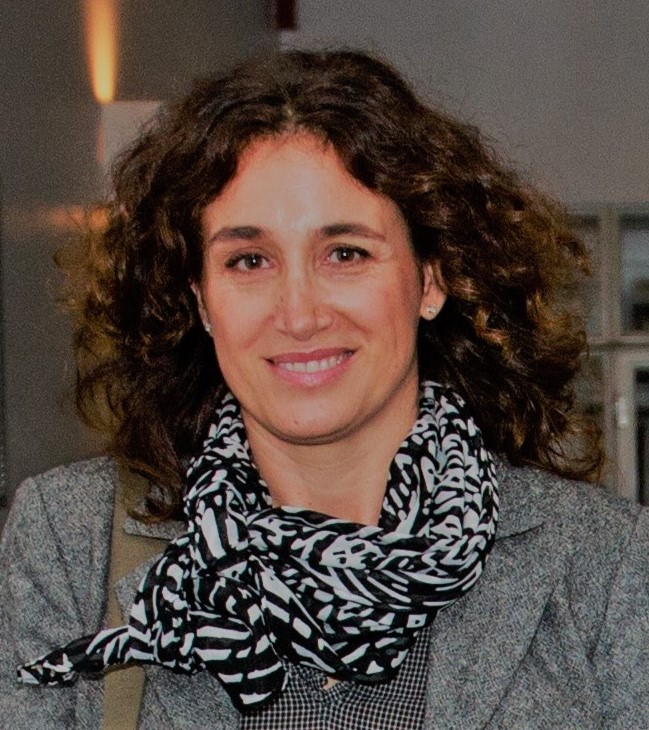
Barbara Petrongolo is a Professor of Economics at the University of Oxford and a Professorial Fellow at Nuffield College. She is Fellow of the British Academy, Director of the CEPR Labour Economics Programme and Research Associate at the Centre for Economic Performance of the London School of Economics. She is currently managing co-editor of the Economic Journal. She has worked extensively on the performance of labour markets with job search frictions. Her work researches the causes of gender inequalities in labour market outcomes, in a historical perspective and across countries, with emphasis on the role of employment selection mechanisms, structural transformation, and interactions within the household. Her research was featured in leading journals, such as American Economic Review, Labour Economics, and Journal of Public Economics.
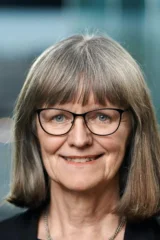
Nina Smith is a Professor of Economics at the Aarhus University. Nina's research interests are broad, ranging from economics of education to the analysis of the multiple dimensions of gender inequality. In recent years, her research gravitated towards the role of managers and gender gaps within the firm. Her research was published by top journals in economics, among others Journal of Economic Behavior & Organization, Journal of Labor Economics , or ILR Review. In addition to her prolific academic career, Nina has been a leading voice in political debates on relevant topics, such as paternity leaves or pension reform. Most recently, she chaired the Reform Commission, which aims to improve educational outcomes and job quality thorought. Her activities also include collaboration with private business, as she serves on the boards of leading financial companies.
Papers or extended abstracts should be submitted before June 30th, 2024. We are happy to address whichever questions you may have before that date. The decisions of the Scientific Committee will be distributed before July 14th, 2024. Full papers will have a priority over extended abstracts, but our aim is to construct a coherent and engaging event, giving all participants fruitful forum to exchange ideas and engage in scientific collaboration. The deadline for registration is August 14th.
There is a conference fee of 150 EUR to help cover costs related to catering. PhD students can apply for a reduced fee of 75 EUR.
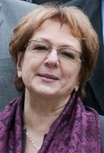
Irena Kotowska is Head of Centre for Demography, Institute of Statistics and Demography, at the Warsaw School of Economics. She works as a professor in Economics and Demography, as vice-president in the Foundation for Polish Science, and as president of Demographic Sciences Committee in the Polish Academy of Sciences. She participates in an expert team developing the family policy programme at the Chancellery of the President of Poland. She represents Poland in European Statistical Advisory Committee at Eurostat and has been appointed a member of Expert Group on Social Investment for Growth and Cohesion at the European Commission.
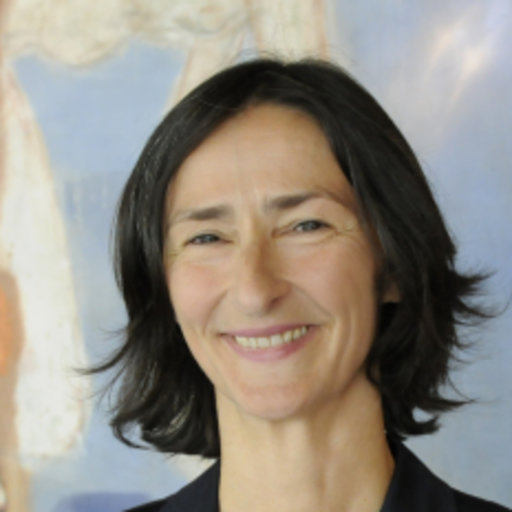
Astrid Kunze is a Professor of Economics at the Norwegian School of Economics in Bergen, Norway. From 2000 to 2002, she was employed as a Research Associate at IZA. She holds a Ph.D. from University College London and an MSc from University of Bielefeld. Her main research interests are labor economics and applied micro-econometrics. She is particularly interested in the causal effects of public policies on labor market behavior. Astrid has conducted studies on the evaluation of parental leave policies, child care programs and cash-for care policies, as well as gender quotas on boards.

Irene Van Staveren is head of the PhD programe and project leader of the online database Indices of Social Development at Erasmus University in Rotterdam and the Institute of Social Studies in Rotterdam. In addition, van Staveren is a member of the think tank Sustainable Finance Lab and she is on the editorial boards of the Journal of Economic Issues, Review of Social Economy, and Feminist Economics. She published in 2015 a pluralist economics textbook with Routledge, titled Economics after the Crisis – an introduction to economics from a pluralist and global perspective.

Bram Timmermas is a Professor at the Department of Strategy and Management. Before joining NHH, Bram worked in the Norwegian institute sector as senior researcher at Agderforsknings’s Innovation Department and as associate professor in innovation studies at Aalborg University. Bram obtained a PhD in the economics of innovation from Aalborg University. His main research interest lies within the field of innovation and entrepreneurship, new venture team development and performance, labor mobility, team mobility, strategic human resource development, employee diversity, organization theory, relatedness and related variety, and industrial dynamics.
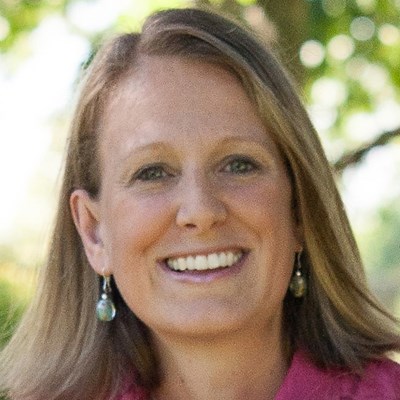
Siri Terjesen is a Dean’s Distinguished Professor of Entrepreneurship at Florida Atlantic University’s College of Business. Her research on entrepreneurship, corporate governance, and strategy has been published in leading journals in management and entrepreneurship. She is an Associate Editor of Small Business Economics and Industry & Innovation, and a member of the editorial board of Entrepreneurship Theory & Practice, Leadership Quarterly, and Corporate Governance: International Review. Siri is a co-author of the Global Entrepreneurship Monitor’s Social Entrepreneurship report on the prevalence of social entrepreneurship in 60+ countries around the world.
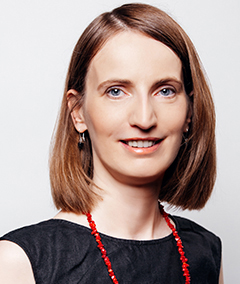
Iga Magda is an Associate Professor at the Warsaw School of Economics. She joined IZA as a Research Fellow in March 2018. Previously she worked at the Ministry of Labour and Social Policy, coordinating research projects and participating in EU/ OECD working parties on employment and social affairs. Her research is focused on the labour market, education, health and social policy, including family policies. She has authored and co-authored numerous publications in these fields.

Michał Myck is Director and Member of the Board of CenEA. He previously worked at the Institute for Fiscal Studies and at the DIW-Berlin. He was the Polish Country Team Leader for the Survey of Health, Ageing and Retirement in Europe (SHARE). He is currently associated as Privatdozent with Universität Greifswald. He is a Research Fellow at IZA Bonn and regularly cooperates with the World Bank. His research has focused on modelling of labour market behaviour and on the implications of labour market regulations on employment and retirement decisions. He has studied the effectiveness of tax and benefit systems and worked on issues related to measurement of poverty and income inequality.

Magdalena Smyk is an Assistant Professor at Warsaw School of Economics. She joined GRAPE in 2013 and joined the board in 2017. Previously, she cooperated with The World Bank and Institute for Structural Research. Her research interests concern the determinants of the occupational choice and labor market inequality. She has published on European Economic Review, Sociological Methods and Research and Social Indicators Research. She is particularly fond of experimental methods. Magdalena was awarded Ph.D. by University of Warsaw.
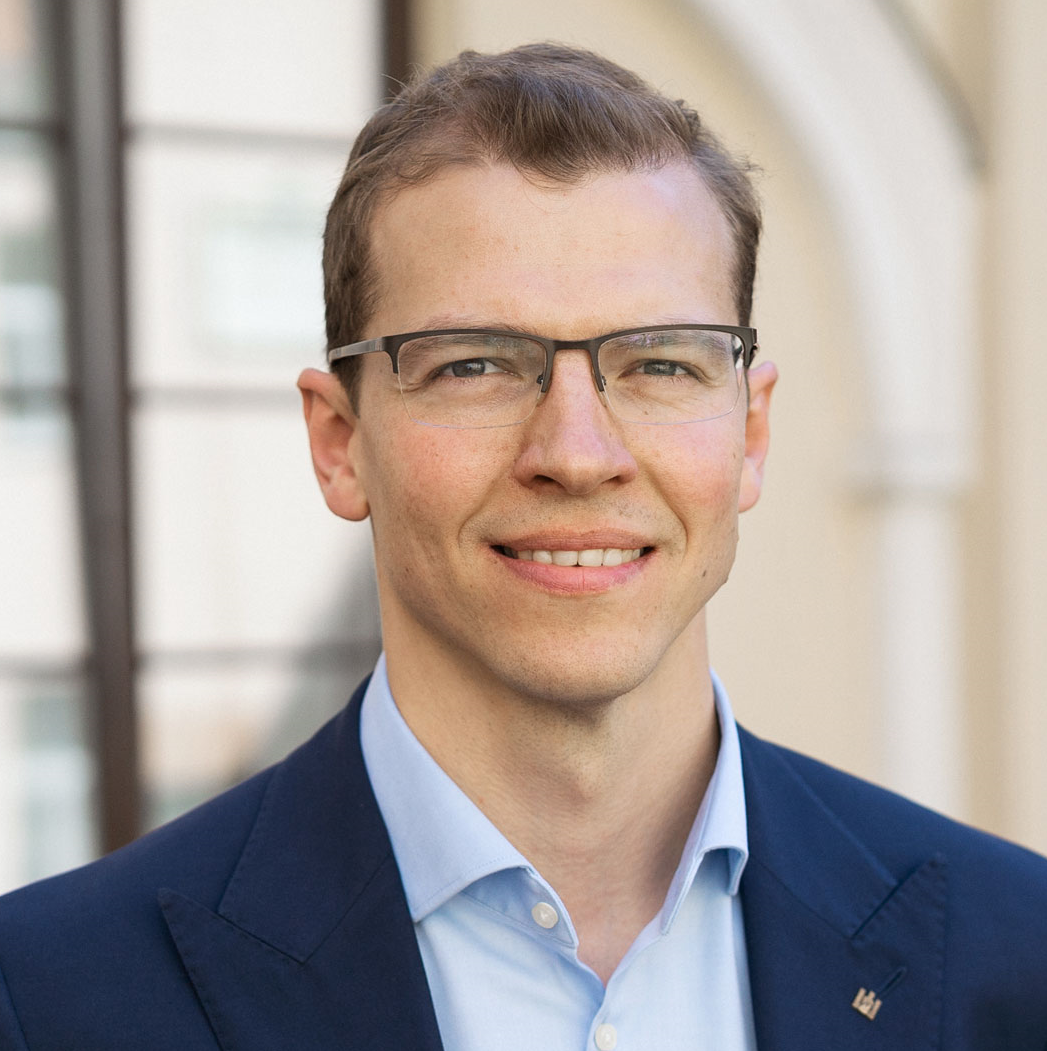
Linas Tarasonis is Vice Dean of the Faculty of Economics and Economics at Vilnius University and a Senior Research Economist at the Bank of Lithuania. He holds a PhD in Economics from Paris School of Economics since 2013 under supervision of Fabien Postel-Vinay (UCL). He has also worked as postdoctoral fellow at Aix-Marseille School of Economics from 2013 to 2016. His main research areas are Applied Microeconomics, Economics of Discrimination, and Labor Economics. His publications include articles in Economic Policy and Labour Economics. He is one of the founders and a board member of the Baltic Economic Association.

Joanna Tyrowicz is a professor at University of Warsaw. She co-founded GRAPE in 2011. Between 2007 and 2017 she served as an Economic Advisor at Economic Institute of National Bank of Poland, specializing in labor market and household issues. In 2009 she was a Fulbright Scholar at Columbia University, and in 2010 she was a Mellon Fellow at the Netherlands Institute for Advanced Studies. Her tenure book “Unemployment Hysteresis in Poland” was awarded the Prize for Best Economic Book of 2014 by Polish Economic Association. Her research interests concern empirical labor economics, inequality and social policy. She is an IZA Research Fellow. Her PhD was awarded by University of Warsaw, she also holds a degree from Katholike Universiteit Leuven.

Lucas van der Velde is an assistant professor at Warsaw School of Economics and a Researcher at GRAPE, where he joined in 2012. In 2019-2020 he was a Visiting Scholar at UC Berkeley, prior to that he has received the award for exceptional junior researchers from Ministry of Science and distinctions for his PhD thesis from University of Warsaw. He has published, among others, in Journal of Comparative Economics, Oxford Bulletin of Economics and Statistics as well as Journal of Economic Surveys. His work is centered on the issues of economic inequality and technology.
Scientific Committee will award a prize for the best paper by a graduate student.
Submissions due: June 30th, 2024
Acceptance notification: July 14th, 2024
Registration due: August 19th, 2024
Conference: September 13th - 14th, 2024
Should you have any question, please feel free to contact us by email.
The full program for the conference is available here
Ul. Krakowskie Przedmieście 26/28, Warszawa, Poland
